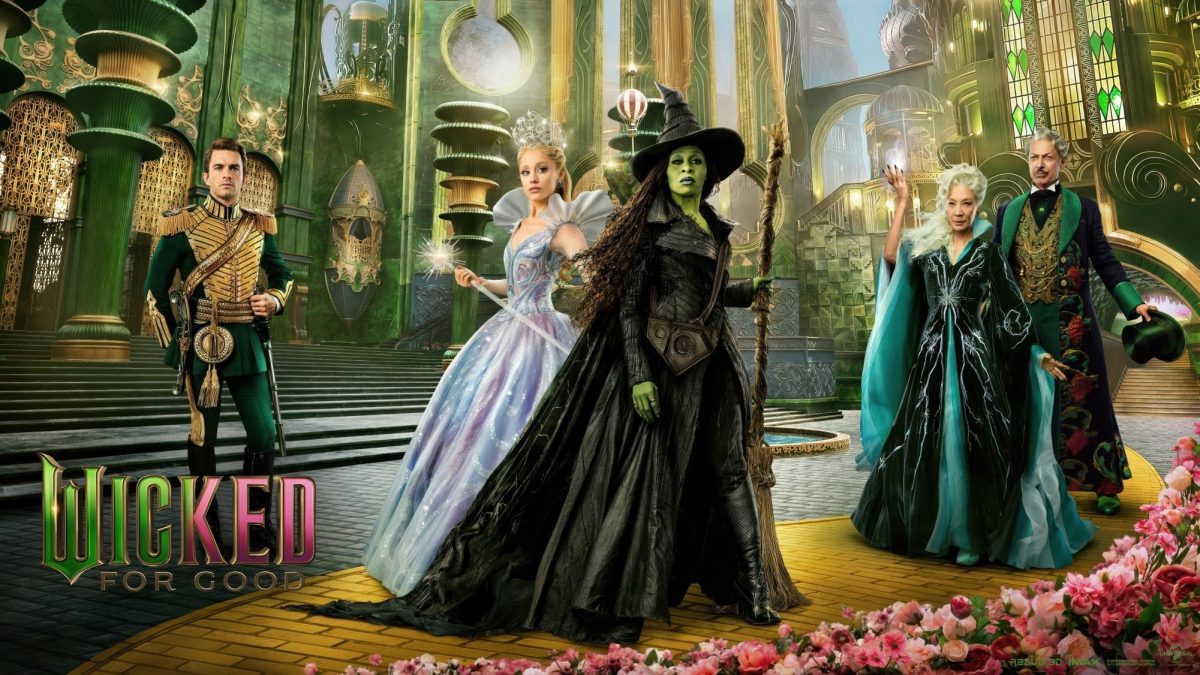When the winter season is in action, Christmas fills the minds of many: lighted driveways, decorated trees, and Christmas dinners with family and friends. There is an undeniable joy in the air.
Holidays should be about family, love, or religious traditions, if applicable. In various countries around the world, Christmas is a national holiday deemed as a respite from school or work to soak in the rare times with family. However, as years go by, the essence of the holiday is shifting.
Nowadays, people seem to be treating Christmas in a solely materialistic manner. The main cause of this is social media capturing the holidays as a time only for the consumption of presents and gift-giving. Many times, trends and posts are just people impulsively spending hundreds of dollars or more on vast quantities of unnecessary gifts.
According to Smart Insights, just over sixty-two percent of the world is involved with social media. Daily average usage is two hours and twenty-three minutes. Though these apps may seem like purely sources of entertainment or communication, the consumerism industry has slowly encroached upon them. Considering the amount of time people spend on social media, this means that by extension, people are exposed to large amounts of promotional content.
For instance, according to Forbes, back in 2014 Facebook first added a “buy” action button that provides easy access for users to purchase advertised products. This was the first main shop feature on a major social media platform. Other social media apps, such as TikTok, now have a separate subsection on their app purely for shopping purposes. When winter comes around, apps display a plethora of Christmas decorations and popular stocking gifts available with a simple click of a button.
Moreover, the algorithm driving social media is heavily materialistic, often promoting expensive Christmas gifts that were tagged on friends’ social media posts. Humans, being naturally susceptible to this influence, are heavily impacted by this. According to social media tech firm CMO Council and Lithium, eighty percent of consumers make purchase decisions based on a friend’s social media post.
Let’s consider Christmas. Christmas originated as a sacred Christian holiday, celebrating the birth of Jesus Christ. It was a holy day of worshipping the cornerstone of Christian belief—the divine Savior and Messiah. Now, Christmas has lost its religious core. Other religious holidays, such as Hanukkah, still strongly represent their founding religious values, such as the menorah lighting ceremony and playing dreidel; its festivities aren’t centered around lavish presents.
However, what are the first words that come to mind when someone mentions Christmas? For most people, they think of words such as travel and gifts rather than words such as worship or praise. Christmas has evolved into a day that is about the celebration not of Jesus, but of presents. People compare the gifts they get, the locations they travel to, and the extravagant dinners they attend.
Thus, social media’s unreasonable representation of the holiday perpetuates oppressive societal standards.
It’s undeniable that there are high societal expectations for both giving and receiving gifts. Humans surrender easily to these standards due to the desire to be liked and the fear of negative attention; for example, not owning a pair of shoes everyone else owns.
Christmas then becomes a competition of who’s receiving and giving the best, most popular presents. It also becomes an opportunity to ask for the expensive item you can’t rationalize buying yourself.
Secret Santa—the classic gift-giving tradition where one must guess their “Santa”—is an example of this competition. People inevitably worry about the potential guilt arising if their gift to a friend is not as extravagant as another friend’s gift. One may be perceived as ungenerous, cheap, or careless. People rush to buy multiple costly gifts and expect high-priced items, falling into a trap of over-consumerism. This consumption cycle goes unquestioned. Rather, people are willing to participate as it reassures them that they’re a good friend—a good person.
The modern implications of gifting a less lavish gift are concerning. Gifts shouldn’t be considered as a direct expression of the love you have with your friends, but merely an extra little joy.
Christmas has essentially become victim to an endless cycle, one that starts with ostensibly a little harmless social media promotional content for Christmas gifts but ends with people overly buying due to the unspoken worry of one’s gift being “good enough”. The cycle will never truly end, and will continuously return every year unless people recognize what genuinely characterizes Christmas as a cherished holiday.
Reflecting back on the season behind us, it’s crucial to remind ourselves of the true nature of Christmas joy, whether it’s for religious purposes or simply celebrating the year experienced with family and friends. We should learn to be able to manage our consumption with what’s reasonably necessary, and not what social media or society deems needed.







